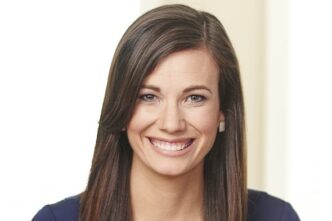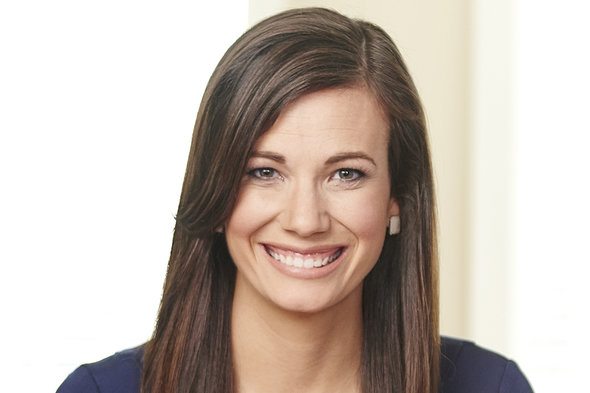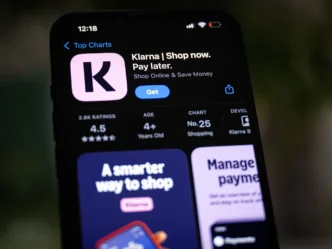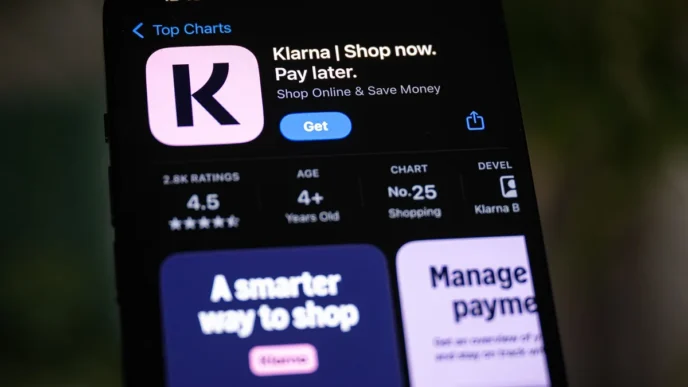Retirement doesn’t happen by accident—it requires vision, discipline, and a solid plan. That’s the message from Rachel Cruze, a certified financial coach and one of the most recognizable voices in personal finance today. As the daughter of renowned financial guru Dave Ramsey, Cruze has carved her own space in the finance world through her popular podcast, YouTube channel, and regular appearances on her father’s show.
In a recent episode, Cruze addressed a growing concern among Americans: the struggle to save enough for retirement. She offered a simple but powerful roadmap to help people take charge of their financial future and avoid disaster in their golden years. Here are her three must-follow tips:
1. Use a Roth IRA To Take Control of Your Retirement
With millions of workers lacking access to employer-sponsored retirement plans like 401(k)s, Cruze encourages people to stop waiting for a system that may never serve them—and start using the tools available.
Her go-to recommendation? A Roth IRA.
“This account grows tax-free, which is a huge advantage,” Cruze explains. “If you do have access to a 401(k) with a company match, contribute enough to get the match first—then focus on funding your Roth IRA.”
While many other countries automatically enroll citizens in retirement savings programs, Cruze stresses the importance of self-initiative in the U.S.
2. Partner With a Financial Professional
Saving consistently is easier said than done. Cruze notes that discipline—not lack of income—is often the main reason people fall short in retirement planning.
“That’s why I always recommend working with a trusted investment professional,” she says.
From certified financial planners to robo-advisors, professionals can help you create a personalized retirement strategy, stay on track, and adjust your plan as your life evolves. Their guidance is especially valuable for long-term consistency, which is key to building wealth over time.
3. Don’t Invest Until Your Foundation Is Solid
Cruze is a strong advocate for the “Baby Steps” philosophy pioneered by her father. Before you start investing, she insists that you first eliminate all non-mortgage debt and establish a fully funded emergency fund.
“Being debt-free and having three to six months of expenses saved up puts you in a position of strength,” she says. “Only then should you start investing for retirement.”
The Baby Steps begin with saving $1,000 as a starter emergency fund, followed by paying off all consumer debt. Once that’s done, the next phase is saving enough to cover unexpected life events—then, and only then, should you turn your focus to building a retirement portfolio.
By following Cruze’s practical steps—take ownership with a Roth IRA, seek out expert help, and build a rock-solid financial base—anyone can prepare for a comfortable, secure retirement. As Cruze reminds her audience, “It’s not about how much money you make; it’s about what you do with it.”
















